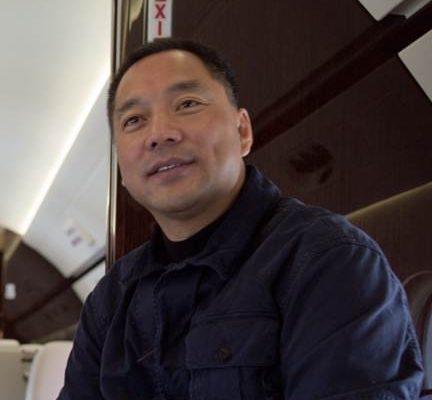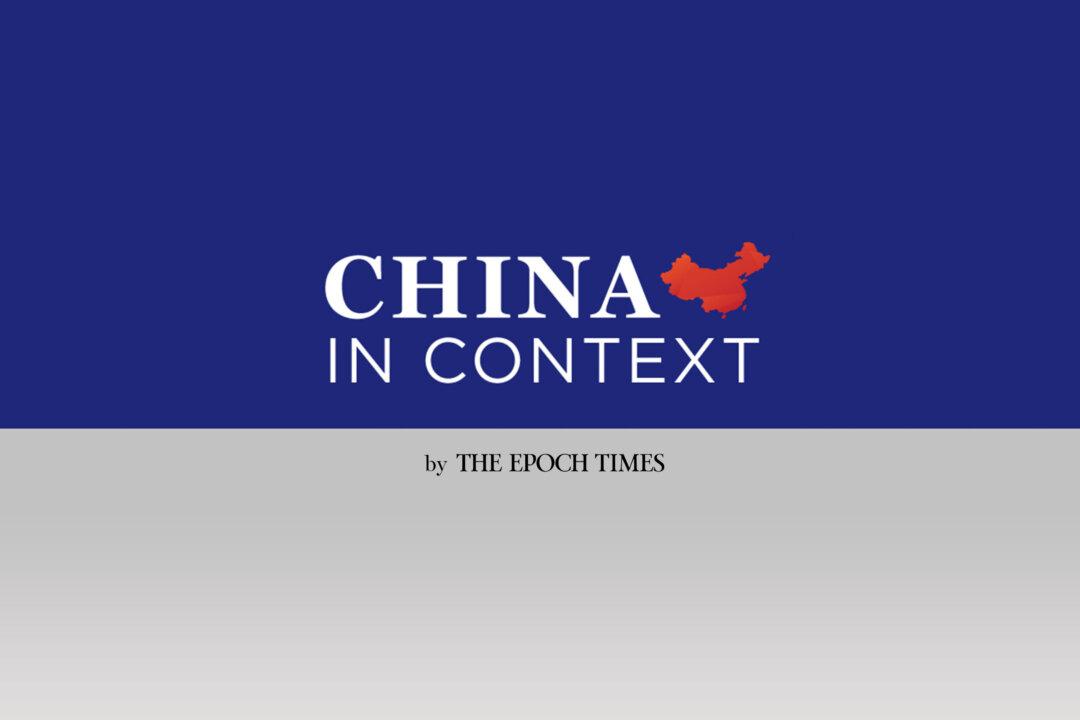A lengthy list of purged officials—that’s the only concrete achievement Xi Jinping can wave about after nearly five years in office, as a direct result of stiff opposition from within the Communist Party ranks.
At the core of Xi’s grinding anti-corruption campaign is power consolidation. The general idea, it appears, is to take out top associates and supporters belonging to the powerful political faction headed by former Party boss Jiang Zemin.
Corruption charges afford Xi and grim-faced anti-corruption chief Wang Qishan the most convenient and legitimate reason to chip away at the Jiang faction, whose members greatly profited from looser regulations under Jiang and Hu Jintao (who is widely regarded to have been under Jiang’s thumb while in office).
Despite state rhetoric saying the anti-corruption campaign is changing the decadent political culture in the Chinese regime, the reality is bleak. Chinese scholars and the anti-corruption agency have constantly hinted at officials passively resisting Party central by moving slowly or refusing to enact Xi’s policies. The Jiang faction has appeared to be the mastermind behind efforts to undermine Xi in China and abroad.





